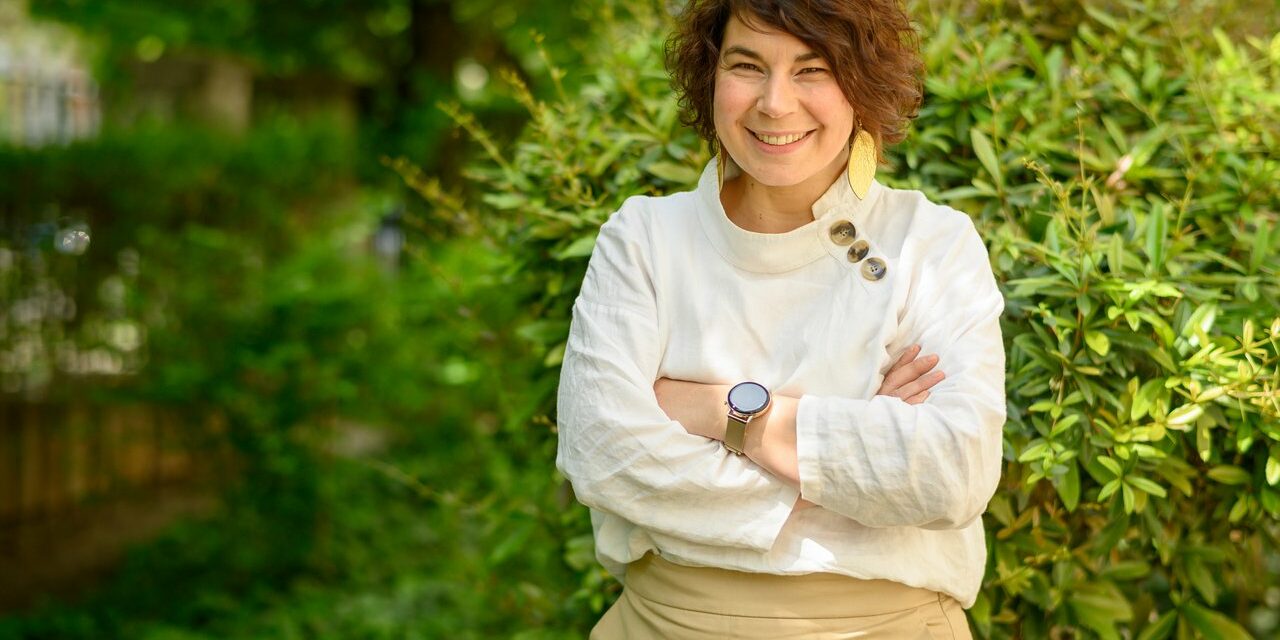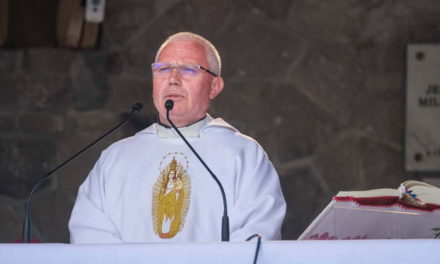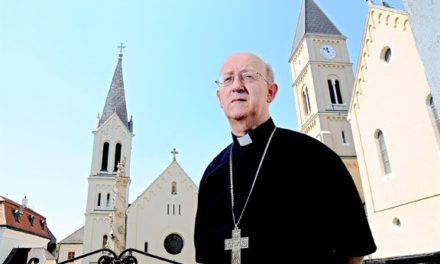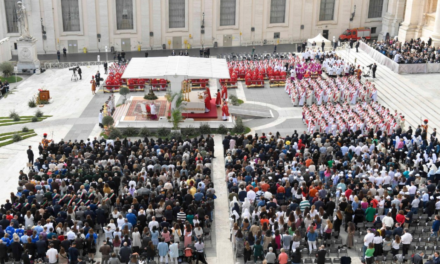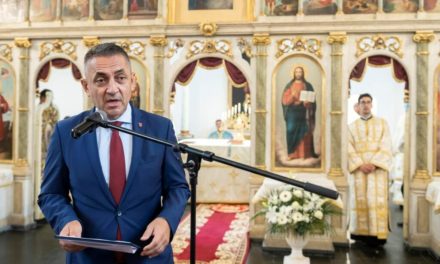The elementary school program, which is based on Christian inclusion and serves to help disadvantaged children, is primarily based on its own resources. They try to organize the nebulos into a community so that everyone can find their place in it. The project is carried out in cooperation with the Gypsy Mission of the Hungarian Reformed Church and the Relief Society of the Swiss Protestant Churches (HEKS). Development is also fueled by the diversity of local communities.
The coordinator of the program, Dóra Hanula-Csordás, an employee of the Catch-up Department of the Reformed Charity Service, said that
the program started with a test session covering three institutions: with the participation of the reformed elementary schools of Nagyharsány, Magyarcsanád and Drávafok. Later, the Szanki, Pátka and Kispest schools joined. And this year, the Reformed school from Nemesgörzsönyi and Kántorjános from Tiszántúl got involved.
From 2018, the Gypsy Mission of the Reformed Church of Hungary (MRE) has been collecting experiences about school education based on inclusion and acceptance. The staff of the Education and Youth Research Center of the Faculty of Social Sciences of ELTE, with the support of the Mission Office and the Education Office, conducted a problem-solving survey. During the research, the embeddedness of the Reformed elementary schools in local school systems, the position and practice of the Roma regarding inclusion, and the possible development needs were revealed.
Based on several months of research, it was outlined what the Relief Society of the Swiss Protestant Churches (HEKS) and the MRE could help with. The project spans three years in one institution. In the first, the consulting and self-knowledge process begins, which ends with an application. In the second year - with the financial support of the Swiss partner - the plans will be realized, in the third - with intensive mentoring - the aim is to deepen the results and embed them in the community as deeply as possible.
The Reformed pastor recalled that the program that supports the school and social integration of disadvantaged and gypsy children is also reflected in the competence results. The primary school in Nagyharsány is one of the member schools of the Pécs Reformed College. This tiny institution - which is also considered one of the flagships of the project - was able to achieve a significant improvement in performance among the students, Dóra added.
The essence of the method: refreshing the internal culture of institutions. Getting to know the characteristics of children from different backgrounds is enriching. They try to organize them into a community so that everyone can find their place in it. – This Christian attitude of acceptance stems from our faith and understanding of the Gospel:
"Therefore receive one another, just as Christ also received us to the glory of God" (Romans 15:7).
The aim of the program is primarily the development of the wider school community. We believe that it is possible to address the company of children and their teachers with empathy and a culture of mutual respect. The community that gets involved in this program tunes in, emphasized the pastor.
In Dóra's view, religious education is very important in developing an inclusive approach. As a mother of four and a teacher, she has the impression that the textbooks developed by the Reformed Pedagogical Institute strive to promote multifaceted development. They don't only impart material knowledge, but by recognizing and exploiting their multifaceted intelligence, they also help very different children achieve a sense of success. The Holy Scriptures also provide guidance for people living today, and carry the most important message. Pastors, religious teachers and teachers can promote the unfolding of the deep, lively content of the Christian message of joy during religious education sessions.
Sustainability is also an essential element of the program. It is something like a seed falling into good soil, or like the biblical image of leaven, he added. The development results of the application are not only interesting in the finite, three-year reality, but can be carried forward. The goal of reformed schools cannot be less than the balanced development of all dimensions of the developing child's personality, which is one of the most important means of creating opportunities, which is often mentioned. The pastor believes that those who are brought up in Reformed schools carry within themselves those tiny seeds that - when the time comes - can develop and bear fruit.
Source, full article and featured image: reformatus.hu

